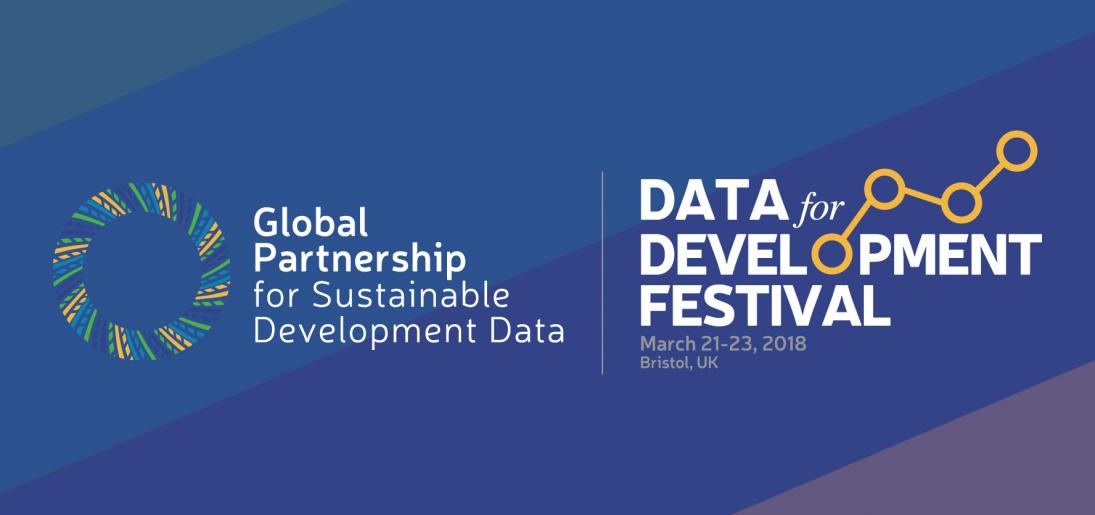Report on Data for Development Festival and UN-SDSN TReNDS meetingBristol, UK – March 21-25 2018
Tom Moultrie, former IUSSP Council member and Professor of Demography at the University of Cape Town, attended the Data for Development Festival organised by the Global Partnership for Sustainable Development Data (GPSDD) in Bristol at the end of March. Some 300 data experts, from government, civil society, business and academia attended the Festival, the first face-to-face gathering of affiliates of GPSDD since its launch in 2015. The IUSSP formally cemented its affiliation to GPSDD at the International Population Conference held in Cape Town in 2017.
The festival provided a chance for affiliates, who had often only engaged virtually, to meet in person and to share experiences and insights relating to the use of data for development. The Festival was arranged around four parallel themes – Planet; Process; People; and Prosperity.
Questions of open access to data; data privacy (especially relevant in the context of the revelations around Facebook’s handling of user data that had been exposed the day before the festival started); community-led data collection; and novel applications and methods of data collection and modelling all exercised participants’ minds.
Of specific interest to the community of demographers and population experts were the presentations on the production of highly-disaggregated population estimates that might be used in the monitoring and tracking of progress in meeting the Sustainable Development Goals. The newly-launched Geo-Referenced Infrastructure and Demographic Data for Development (GRID3) initiative , funded by the Bill and Melinda Gates Foundation, in partnership with UNFPA, WorldPop, the University of Southampton, and Columbia University’s Center for International Earth Science Information Network (CIESIN) was unveiled.
Tom Moultrie presented a paper on the continuing importance of the census in the context of SDGs. In addition to providing valuable empirical data in its own right, the census provides the key sampling frame for surveys; allows validation of estimates derived from other sources; and might provide an important mechanism for evaluating completeness of civil registration and vital statistics processes.
For two days after the Festival, the UN Sustainable Development Solutions Network (UNSDSN) Thematic Research Network on Data and Statistics met. The Network, to which the IUSSP is also affiliated, seeks to catalyse new and innovative thinking in the area of data and statistics for meeting the SDGs, drawing together a small group of academics and practitioners from a wide range of disciplinary backgrounds. In addition to fleshing out the Network’s research and communication strategies (Tom has written a blog post for the Network on the question of who might be left behind in the SDGs, as well as a policy brief on the importance of – and challenges associated with – the census in meeting the SDGs), the particular focus of the meeting was on understanding the crucial role that cities, and urban development and change, will play in achieving sustainable global development.
Tom Moultrie’s trip was funded jointly by UNSDSN-TReNDS and by the IUSSP via its grant from the Hewlett Foundation. |

